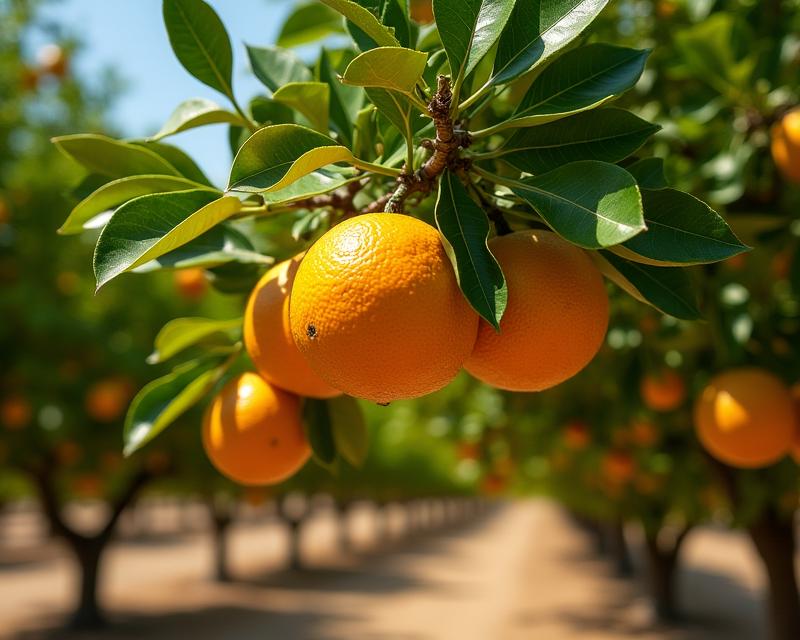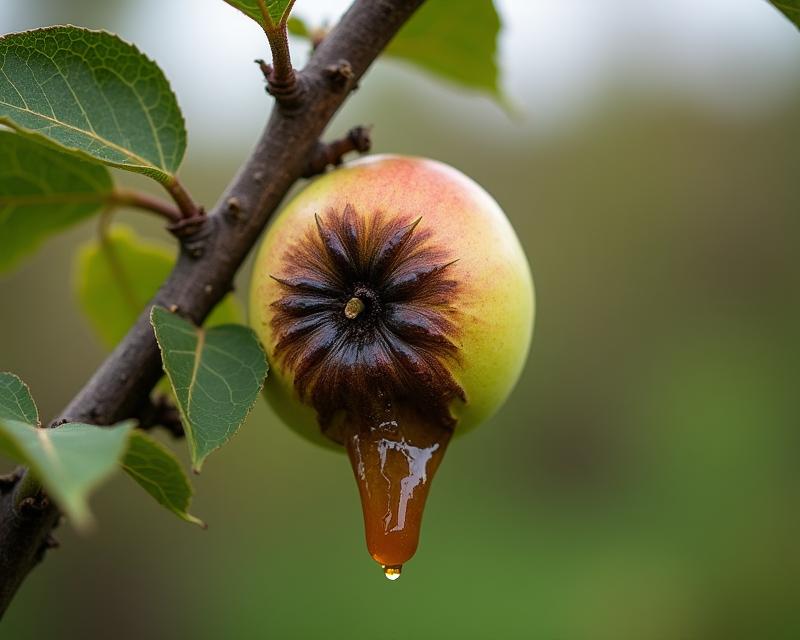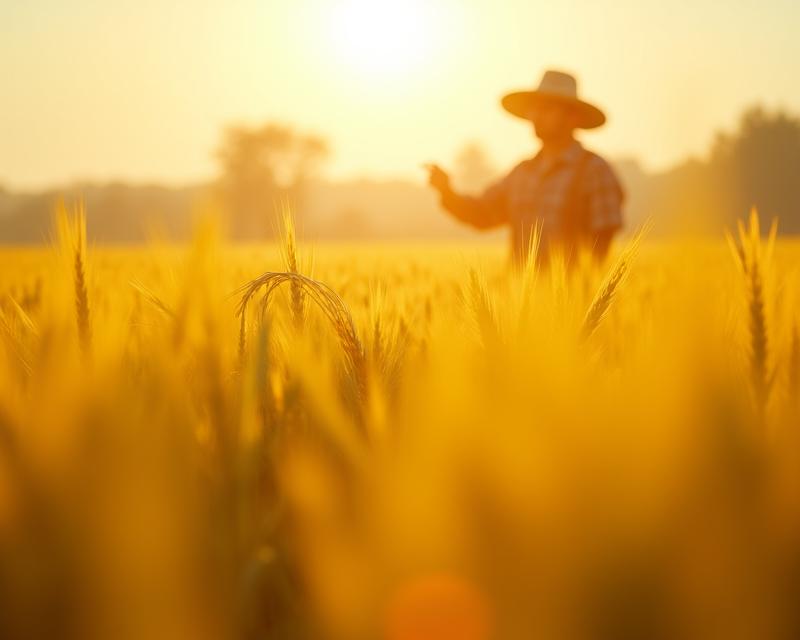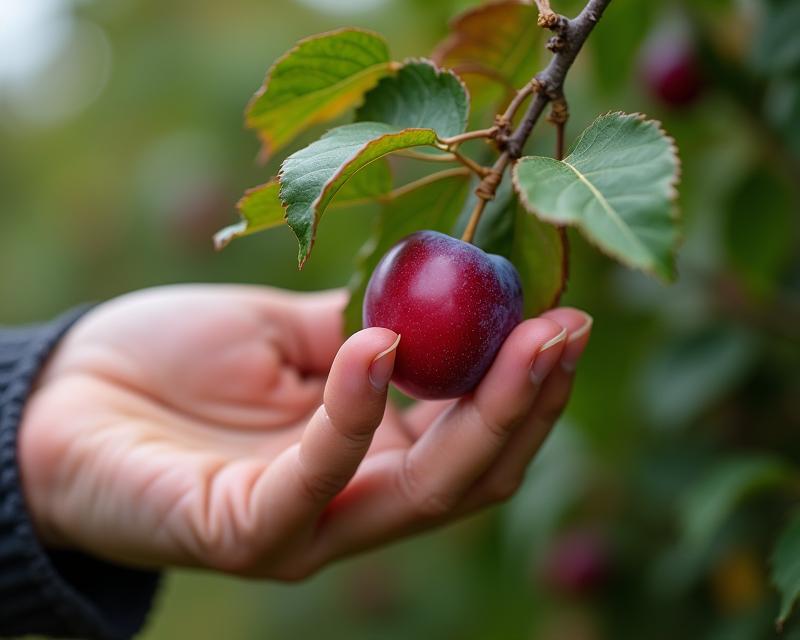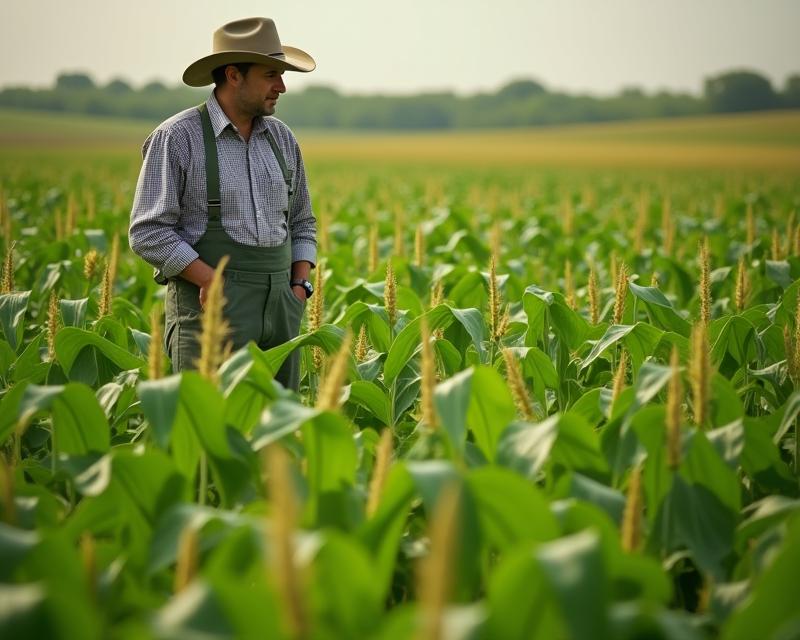Protecting Your Citrus: Fighting HLB
Publish in Crops el 05/07/2025 21:05
Protecting Your Citrus: Fighting HLB
Citrus trees are a vital part of many farms and gardens, providing delicious fruit and contributing to local economies. But a serious threat is spreading – Citrus Greening, also known as Huanglongbing (HLB). This devastating disease can severely impact your citrus yield and even kill your trees. Understanding HLB and taking preventative measures is crucial for protecting your valuable citrus investment.
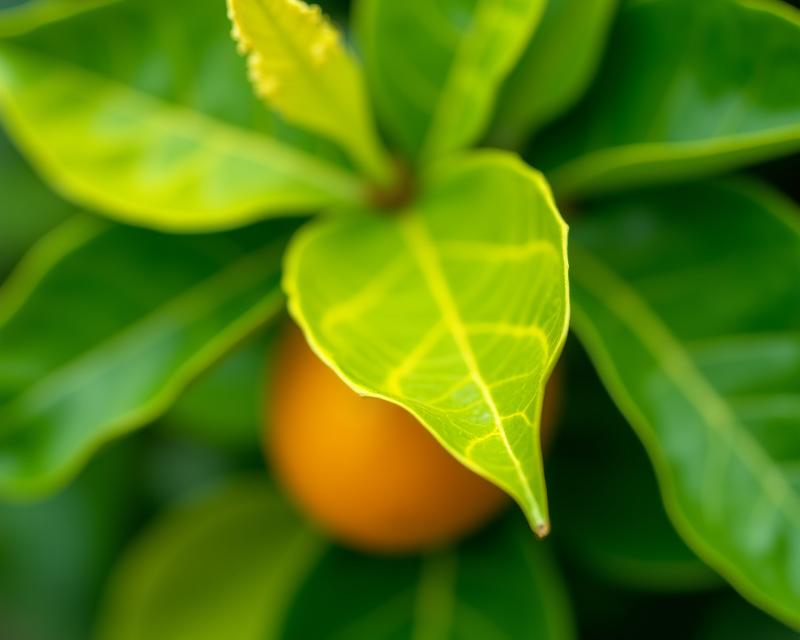
What is Citrus Greening (HLB)?
HLB is caused by a bacterium, *Candidatus Liberibacter asiaticus*, transmitted by the Asian citrus psyllid, a tiny insect. The bacteria disrupts the tree's ability to transport nutrients, leading to stunted growth, bitter-tasting fruit, and eventually, tree death. You might notice symptoms like yellow mottled leaves, asymmetrical fruit, and dieback of branches. It's a slow-acting disease, so you might not see problems immediately, but it's silently weakening your trees.
Preventing the Spread: A Multi-Pronged Approach
The best defense against HLB is prevention. Here are some key strategies you can implement on your farm or in your garden:
- Monitor for Psyllids: Regularly inspect your citrus trees for the Asian citrus psyllid. Sticky traps can help you monitor psyllid populations.
- Integrated Pest Management (IPM): Implement an IPM program that combines various control methods, such as biological controls (beneficial insects), cultural practices (like pruning to improve airflow), and, if necessary, targeted insecticide applications. Consult with your local agricultural extension office for recommended products and application techniques.
- Quarantine Measures: If you're moving citrus trees or plant material, be aware of quarantine regulations in your area. These regulations are in place to prevent the spread of HLB.
- Remove Infected Trees: If you suspect a tree is infected with HLB, have it tested by a qualified laboratory and remove it promptly. Proper disposal methods are essential to prevent further spread. Contact your local authorities for guidance on safe disposal.
- Maintain Healthy Trees: Healthy trees are more resistant to disease. Ensure proper watering, fertilization, and soil health. Regular pruning helps improve air circulation, reducing humidity and creating a less favorable environment for the bacteria.
What to do if you suspect HLB
If you notice symptoms of HLB on your citrus trees, don't panic, but act quickly. Contact your local agricultural extension office or a plant pathologist for diagnosis. Early detection is key to managing the disease. They can help you confirm the diagnosis and recommend appropriate management strategies. Remember, early intervention can make a significant difference in the long-term health of your citrus trees.
Protecting your citrus from HLB requires vigilance and a proactive approach. By implementing these preventative measures, you can help safeguard your valuable citrus crops for years to come.
